The Portal is Red
by Crystal Schultz
Cloaked in red as though
Shame knows no other color.
They meant to vilify,
But for her, it's a reminder of The Mother.
Red for fire, love, and spark.
They didn't see, what they only knew in the dark.
If their conceit had allowed them to ask,
Where is the way? How can we pass?
Do you know where creation began?
How do we tap into heaven again?
She would have said.
The Portal is Red.
It flows, it grows
life, and tides,
It loves, it aches,
it's a vessel for our sakes.
Red you say, is a color of shame?
I'll own it proudly, and carry Her name.
Aikyam.
Owning the “F” Word
by Tracy Christensen
Growing up, I was often told I was too serious.
Not by my friends, mind you—and I had very close, genuine friendships—but by my family, my dad mostly. I was just so intense; I needed to smile more; if he were a 16 year-old boy at a stake dance, he’d ask me to dance…if only I’d smile more. Once, when I was fourteen, he complimented me for making a joke about getting drunk. The only reason it was funny is that Molly Mormon Me was, obviously, never going to get drunk. It’s not that I never said or did funny things. It’s just that, I suppose, I rarely said or did funny things at home. The only other time I recall making my family laugh was in the eighth grade when, for an English assignment, I wrote a poem about my older sister crashing the red convertible Ford Mustang for the fourth time and totaling it—which meant that now I wouldn’t be able to drive the cool car because my parents learned their lesson about providing cool cars to teenaged drivers (I ended up learning to drive in a Suburban). If I had simply expressed sadness about losing the opportunity to drive a cool car because of my sister’s driving, I would have been “complaining.” Telling it funny, though, was commendable. I have always thought that humor is just a mask—and perhaps it often is—but I now realize that, for me, humor can be vulnerable.
It is true that I am a serious person—contemplative, deliberate, passionate—and I like to be taken seriously. I feel sad that my “intensity” was—is—perceived as negative by some people; I think the world needs serious people, and I am happy to be one of them. However, when my seriousness turns to cynicism—as it sometimes does—I am masking. Brené Brown, the iconic story-telling, research-professing, self-help guru who made vulnerability cool, names cynicism as one of the “vulnerability shields.”
Daring Greatly, my first Brené Brown read, spoke to me like scripture and I became a disciple of her because she helped me become a better disciple of Him.
“Masks,” she explains, “make us feel safer even when they become suffocating. Armor makes us feel stronger even when we grow weary from dragging the extra weight around. The irony is that when we’re standing across from someone who is hidden or shielded by masks and armor, we feel frustrated and disconnected. That’s the paradox here: Vulnerability is the last thing I want you to see in me, but the first thing I look for in you” (Daring Greatly, 113).1 Daring Greatly, my first Brené Brown read, spoke to me like scripture and I became a disciple of her because she helped me become a better disciple of Him. He is the “what” and she became the “how,” before I discovered The Gospel of Mary Magdalene or Fiona and Terryl Givens published All Things New. Coming to a better understanding of the concepts of vulnerability, connection, relationship, and self-compassion enabled me to come to a better understanding of Jesus Christ.
Of course, there is plenty of “how” in the standard works that worked well for me for over three decades. But when the time came for me to grow beyond my “stage three faith”2 of comfortable orthodoxy, it was helpful to study additional resources that allowed me to appreciate standard scripture—that I had heretofore understood only through the framework of early faith developmental stages—in a new and more expansive way. Also, to see clearly what was always right in front of me but somewhat out of focus: blatant sexism, for example. And there I go, down the slippery slope of feminism, “caught up and led away”3 in the great triumvirate of danger—“feminists, homosexuals and intellectuals.”4
Experiencing a feminist awakening as a good Mormon girl adult woman is enlightening, but really no fun at all, though definitely funny at times. One day you’re a Molly Member of the Church of Jesus Christ of Latter-day Saints, and the next thing you know you’re a minion of Satan, stealthily passing around Exponent II articles like contraband and making bold declarations to your husband like, “I identify as a feminist.” And then you’re writing poetry about Heavenly Mother and purchasing historically accurate art (sold at Desert Book) that depicts women administering a healing blessing with a little boy looking up to them…and you hang it in your house. Like I said, slippery slope.
I’m sure it goes without saying, but I will own it: I’m not a terribly funny person. But trying to tread water in the malestorm, sorry, maelstrom of mixed messaging that is benevolent patriarchy is exhausting! And exhaustion often leads to tears. And when the tears dry, sometimes all that’s left is laughter, which beats cynicism (which I also sometimes do). If my humor sounds cynical, then perhaps I’m just confused…which may be the very reason you shouldn’t trust a Mormon feminist. Seriously though, I didn’t become a feminist because of feminists (I avoided feminists like the devil!); I became a feminist because I came to know Jesus better—He taught me to be a feminist, because…shhh…He’s one too. Did I just drop the “F” word five times in one sentence? Yes, yes I did.
I'm a California native and a Mormon cliché: pioneer stock, BYU, married young, stay-at-home mom. I've lived in several different states with my husband—birthing babies along the way—before landing in Montana, where we've enjoyed raising our four children. I love reading and writing, running and yoga, mountains and lakes, carbs and chocolate. I have a degree in History and seek to learn from the past to inform a better future. As a disciple of Christ, I am interested in people—their stories, their pain, their healing—and in embracing my full humanity so that I can better honor the humanity of others. —Tracy
Patricia’s Funeral
by KC Bramer
Patricia Terry Holland passed away a little over a month ago
at the age of 81. The vast majority of reports about this news identified her as the wife of Jeffrey R. Holland. I was a little irked by this. I’ve always had a problem with any woman’s sole identity being tied to who she married. I was happy to see that a few “secular” outlets mentioned her service as a counselor in the Young Women General Presidency and that she was an author and educator after her name.
I wanted to watch the live stream of the funeral, but had to work that day. When I saw the pictures that were published, I was stunned by what I saw. One picture of the funeral showed a wide shot of the front of the venue. The casket with a beautiful white and yellow casket spray was off to the side. Off To The Side.
Why was the casket off to the side? At every funeral I’ve ever been to or watched, the casket, a container of ashes or a large photograph of the deceased has been placed prominently in front. Yet, Patricia Holland, the reason why all those people were gathered there and online was off to the side.
As far as I could see, she had already spent a good portion of her adult life sitting off to the side. I’m guessing that when Elder Holland was president of BYU, she spent much of her time sitting behind and off to the side. When she was in the Young Women General Presidency she sat off to the side with the other women serving in auxiliary organizations. At every General Conference she attended once her husband was called to the Quorum of the Twelve, she sat off to the side with the other wives.
This once couldn’t she have been in front?
Sitting in front were the familiar red armchairs of the very familiar church leaders. Being in front they, along with the speakers, were the center of attention.
Are we so patriarchal that even in death, a woman can’t be in front?
When I was younger writing was a tool I used to deal with my world. I’ve come back to it now that I’m older to help me figure out what I think. I live in Minnesota with my husband Charles and our kitten, Willow. During the good weather months we walk, bike and take day trips. In the winter surround myself with tea, books and yarn. I work as a pharmacist part time and do my best to go about doing good. —KC
Unruled
by Susan M. Hinckley
My praying self has become a stray
A wanderer, given away trying
To put Jesus into columns, justified lines
A perfect space dividing his life
Cleaving steps, words, thoughts
Even sacrifice clean in two. Black there
White here. As if sheep and goats would
Separate themselves, as if two people could
Look at each other and know
Which one of them is good
How easily I believed in clean lines
The stark measured river running
Always down the middle of the page
And then comes Jesus, stepping everywhere
Skipping stone words lightly across, across
Muddying every water he touches
I was in 2nd grade when I first glimpsed the power of words and knew I wanted to have it. I’ve shaped my life around expressing ideas ever since. For some reason religion felt like it lived behind a velvet rope though, like it was the one place all the words belonged to someone else. Thank goodness I finally figured out how to let my praying self go anywhere it likes. —Susan
Your Body Is a Temple. Unless You Have Pink Hair.
by Jenny Ostermiller
I’m dying my hair blue next Saturday.
Mostly this is because I am turning 50 and I have always wanted to have bold, blue hair. I thought I would wait until I was gray, but that still seems a long way off (believe me, I’m not complaining) and I’m tired of waiting.
Truth be told, I have a much more subversive reason for this drastic aesthetic choice. I was recently called to be the Young Women secretary in my ward. I have not had a calling in Young Women since I was 19 years old and a freshman in college in 1992. I have suspicions about why this might be the case. As a lifelong single woman in the church, I don’t think I always match up with the type of role models ward leaders might envision for impressionable young women's minds. I have no husband. I have no children. I’ve talked about my cats over the pulpit. I have a career and I also have five college degrees, four at the graduate level. I am a registered Democrat. I think women should have a right to choose medical procedures that impact their bodies and their health including, dare I say, abortion. I’m a vegan. And a feminist. I’ve attended Pride events to support family members in the LGBTQIA+ community. As far as I can tell, these are all good reasons to keep me away from the young women and in safe callings like stake single adult chairperson which won’t change any impressionable hearts or minds. Trust me on that one.
So, you can imagine my pleasant surprise in being called to serve with the Young Women. And in my first Sunday on the job the lesson topic of “How Can I Show That I Know My Body Is a Sacred Gift from God?” was one I knew I needed to speak up about. As we went around the room sharing ideas, I felt strongly that I needed to tell the girls that they are not responsible for thoughts other people have about their bodies. I told them it is not their job to try and help the Young Men keep their thoughts pure by choosing “modest” clothing. I told them they don’t need to feel shame about their bodies but should love, care for, and honor their bodies in a way that feels authentic to them. I told them what I wished someone would have said to me when I was a teenager rather than telling me how long my shorts needed to be or that I could only wear a dress into the chapel. Please.
I love her. I think she’s great. And I almost lost my composure.
I ended my comment and listened as others shared their thoughts. As my dear sweet fellow-leader friend spoke not two minutes later, I was once again reminded of the battle we fight as women against purity culture and other people policing and judging our bodies. She told of a young family member who has pink hair. She said she worries about her because she sews patches into her jeans and has such a drastic hairstyle. She knows people judge her for the way she looks. Wouldn’t it be better for her to think about how her pink hair makes other people see her? Wouldn’t it be easier to not express who she is by being more conservative in the way she styles herself? She encouraged the girls to think about this when presenting themselves to other people. I love her. I think she’s great. And I almost lost my composure.
So for all of the girls and women out there who have pink hair or girls and women who wish they did, I say express yourself in a way that makes you feel good about your body. And no less so if we have a tattoo, nose ring, or pink hair. By honoring what makes us feel confident, comfortable, and dare I say powerful, we honor our creation and our creator. The opinion that matters most is our own. And when I sit down next Sunday with my bold blue hair in Young Women, I hope the girls will feel empowered to honor their bodies in a way that feels authentic to them. Because blue hair makes me happy. And because my body is a temple.
I'm a school counselor and accidental nomad currently living in Tokyo, Japan. I've also lived in China, the United Arab Emirates, and Venezuela while working in a number of international schools for the past twenty years. I've been fortunate to belong to many diverse wards and branches around the world and I do still squirm in my seat when someone from out of town comes in and refers to where I live as part of the "mission field" or a "far-flung corner of the church" during testimony meetings. I'm celebrating my 50th birthday this year by traveling to Christmas Markets in Bratislava and Prague with one of my dearest friends, who happens to be one of my mission companions. I'm not sure what happened to all of those Swedes whose doors we knocked on, but I'm sure glad we've been friends for almost 30 years. It was worth the frostbite. And, for purely aesthetic reasons, I dyed my hair purple instead of blue. I love it. —Jenny
Say It Louder
(ALSSI voicemail)
Brown, Brené. Daring Greatly. AVERY, 2012.
Armstrong, Thomas, et al., editors. The Stages of Faith According to James W. Fowler. American Institute For Learning and Human Development, 2020, www.institute4learning.com/2020/06/12/the-stages-of-faith-according-to-james-w-fowler/.
Packer, Boyd K.. All-Church Coordinating Council Meeting. Internet Archive, 1993, archive.org/details/coordinating_council_1993_boyd_k_packer/mode/2up.
Packer, Boyd K.. Boyd K Packer – Legacy of Faith. The Church of Jesus Christ of Latter-day Saints Newsroom, 2015, news-ug.churchofjesuschrist.org/article/boyd-k-packer-legacy-of-faith.




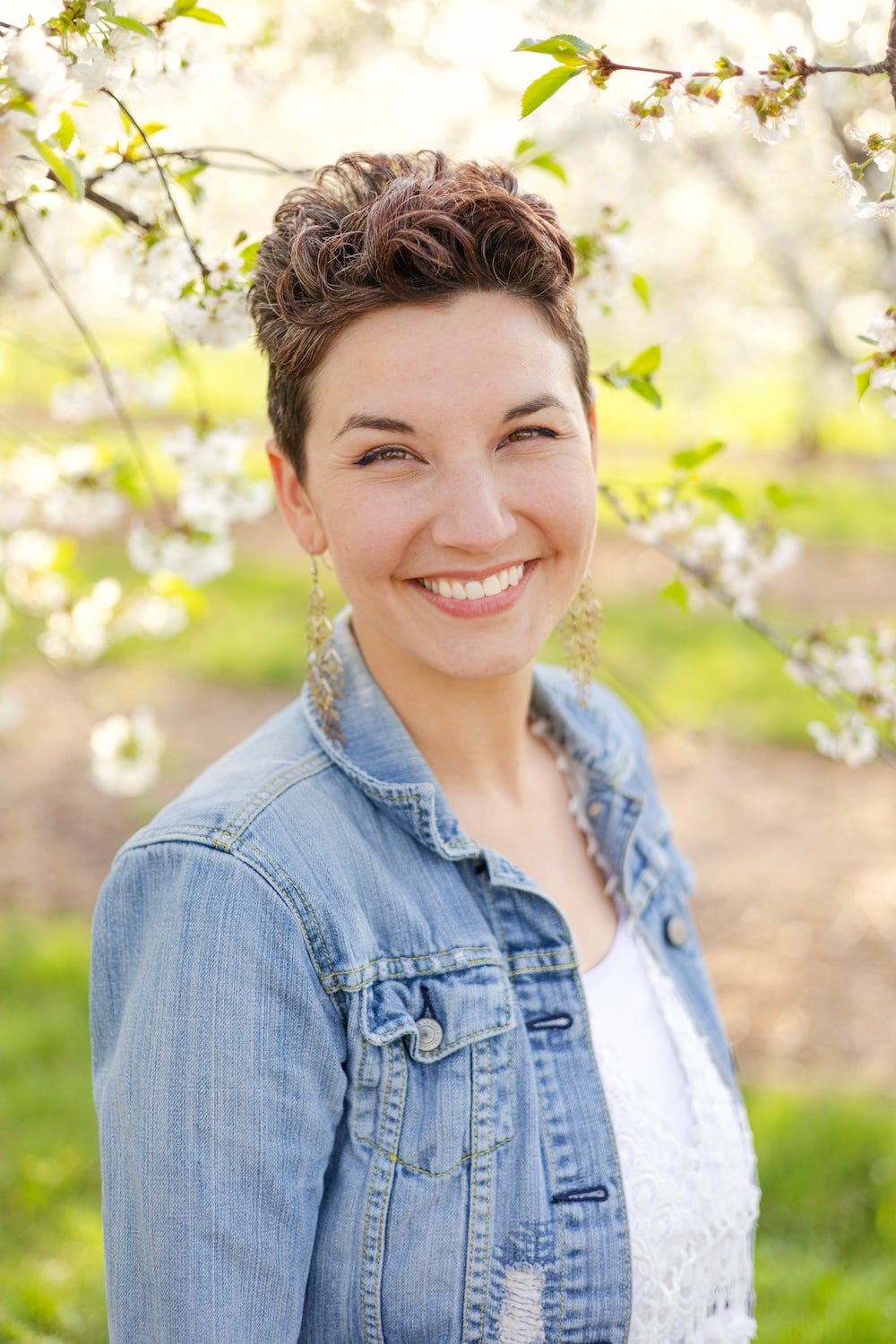

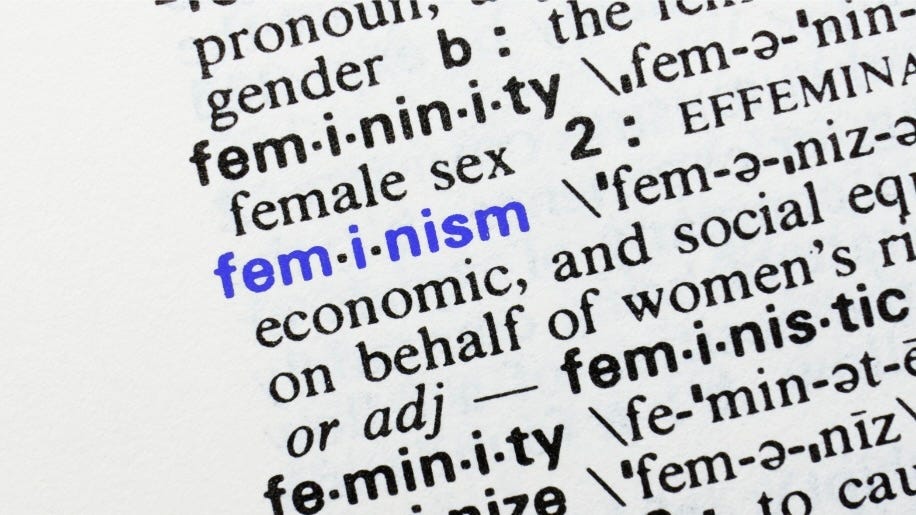
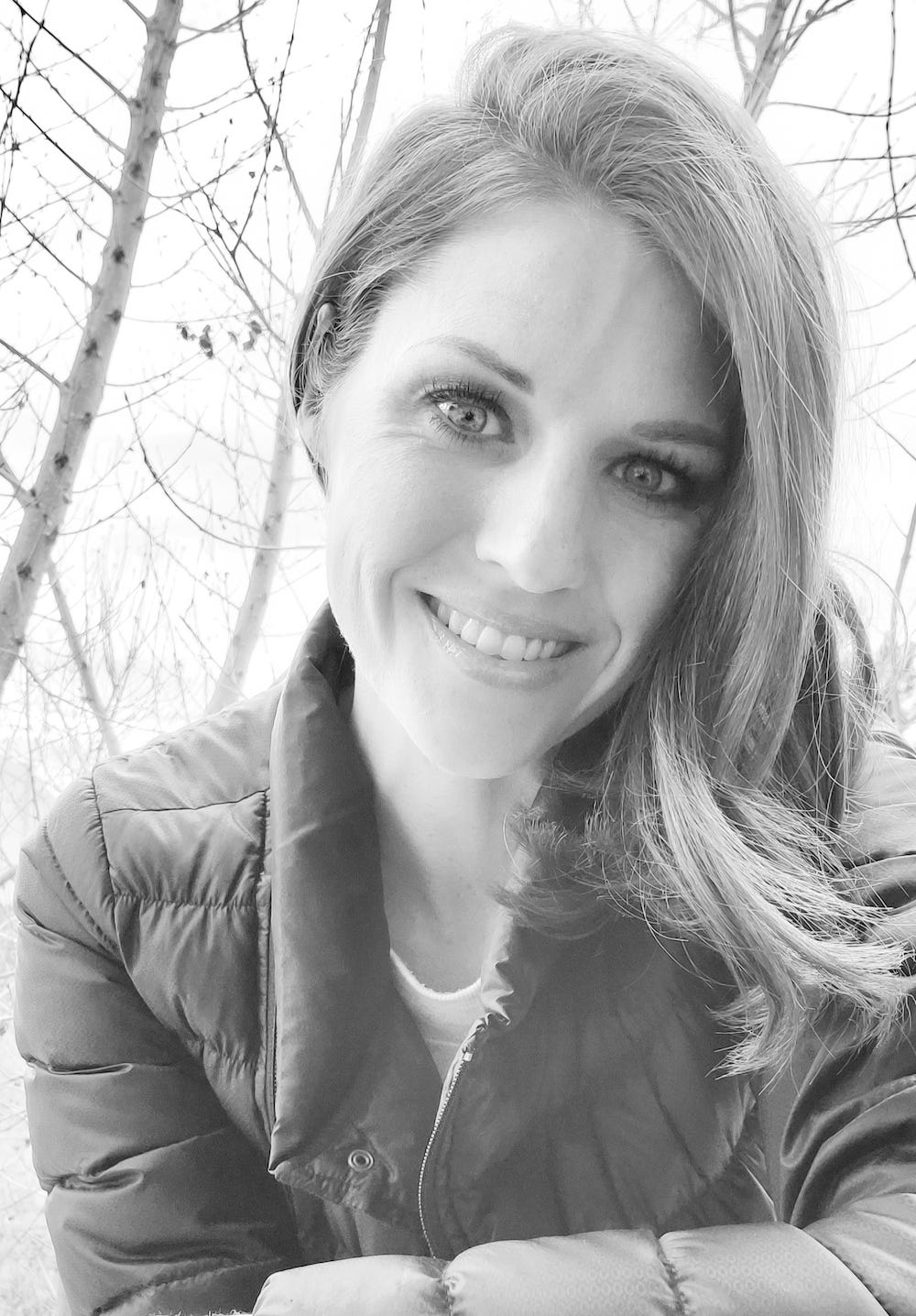

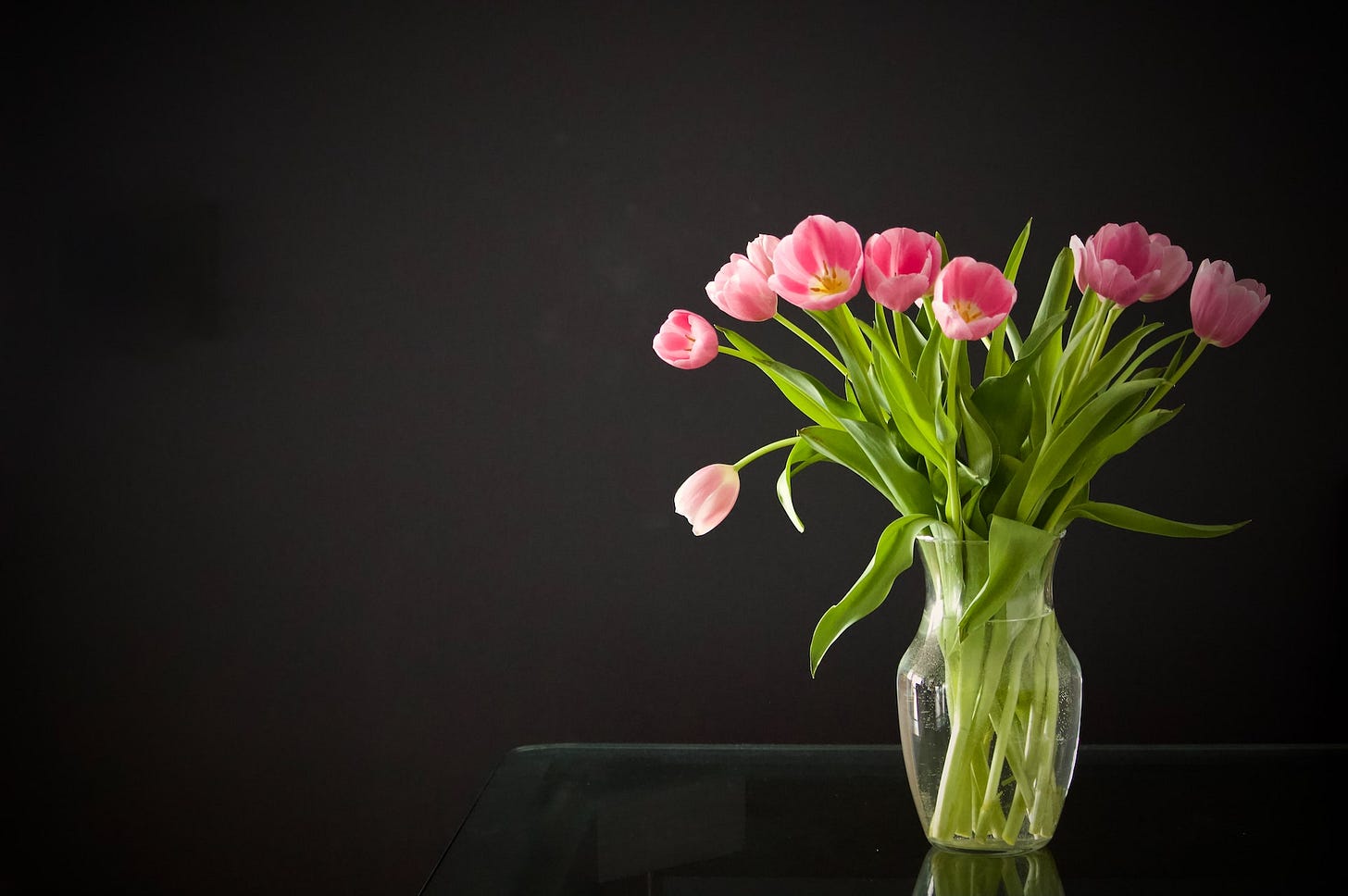
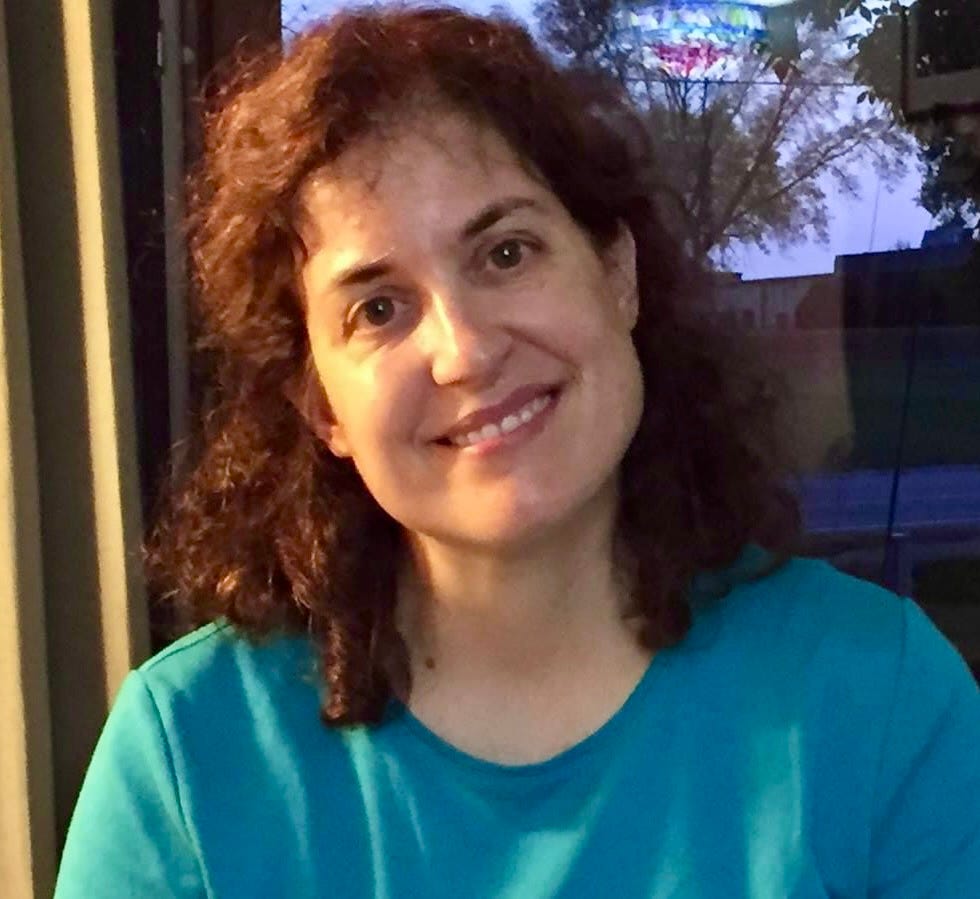

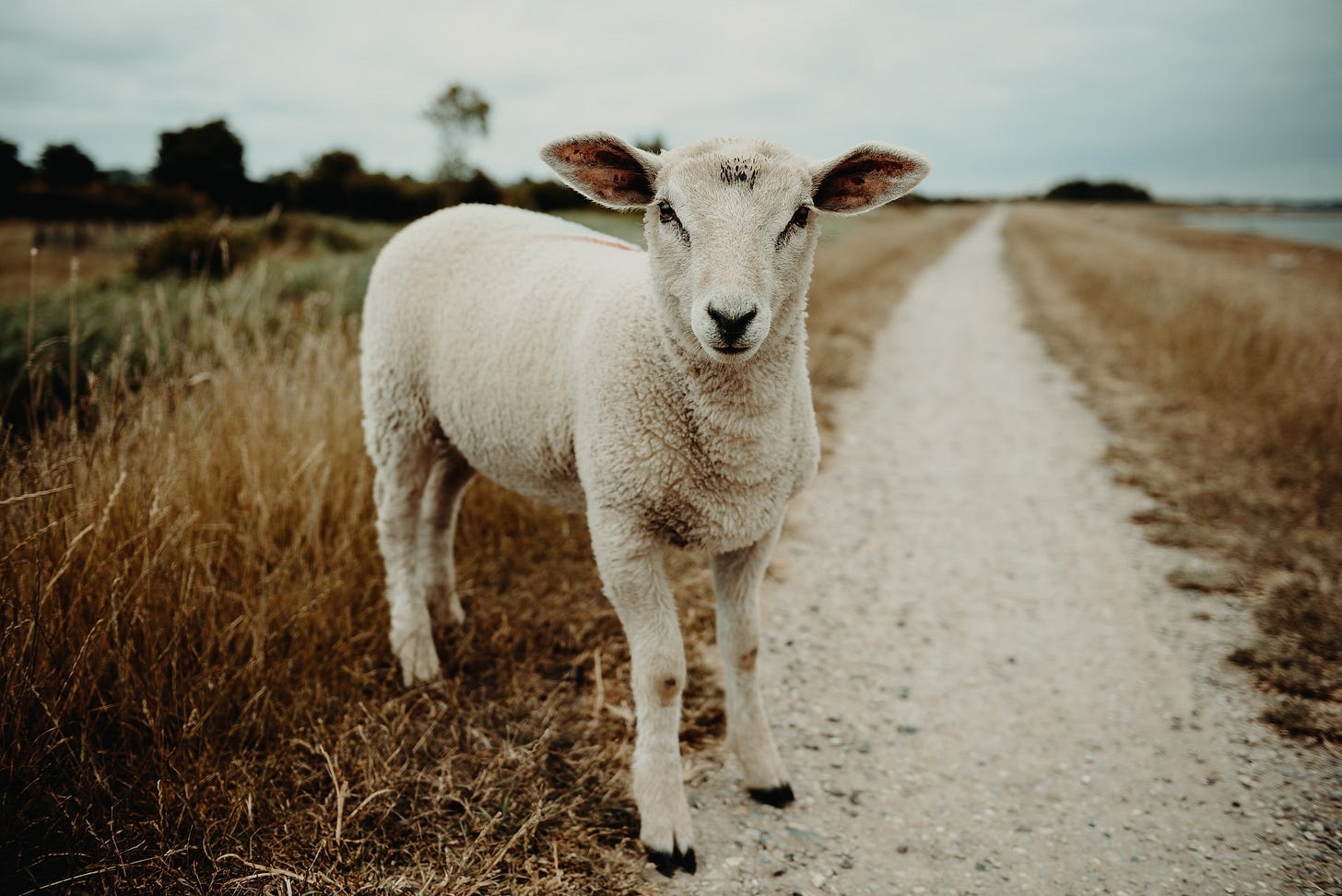
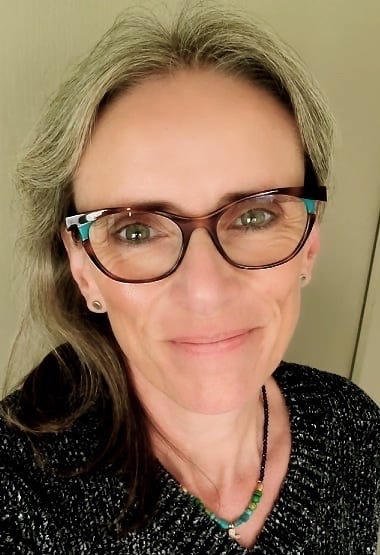


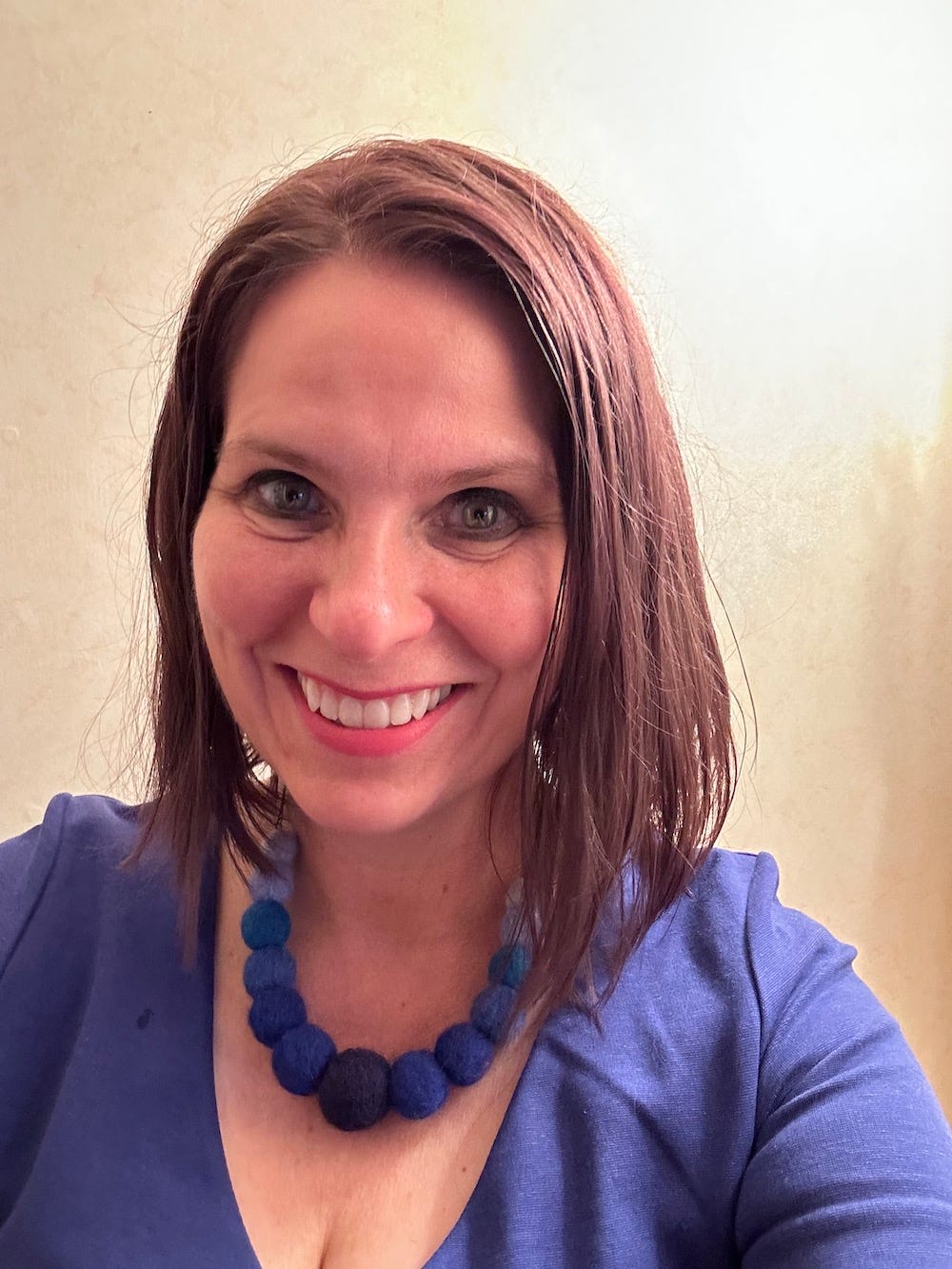



Thank you for your courage to speak up in YW. I'm right there with you. I teach the youth Sunday School class (13/14 yr) and I have had pink, purple, blue, and most recently red hair. I also have multiple piercings and tattoos. Last Sunday, one of my cute girls stayed after class (she is very quiet and shy) and told me that we matched and seemed thrilled about it! She had just gotten her daith's pierced (yes with her mothers permission, she's only 13 :), after suffering with migraines (just like me!). She had been trying to hide it with her hair, but when she saw that I had the same ones, she felt like she didn't have to hide and it was ok show them in church. I told her they were awesome and she looked amazing! Flash that bling darlin! You don't owe anyone any explanations! I loved seeing her smile and animatedly talk about her experience in the piercing chair :) I also loved being that safe person that she could talk to about something she was obviously excited about, but felt ashamed, Iike she shouldn't be. Keep dying your hair ladies and doing what is authentic to you, it may be surprising who needs to see.
Thank you thank you thank you. Thank you for telling young girls that they are not responsible for what people think of their bodies. Thank you for being strong in your feminism. Normalize pink (purple, blue) hair!